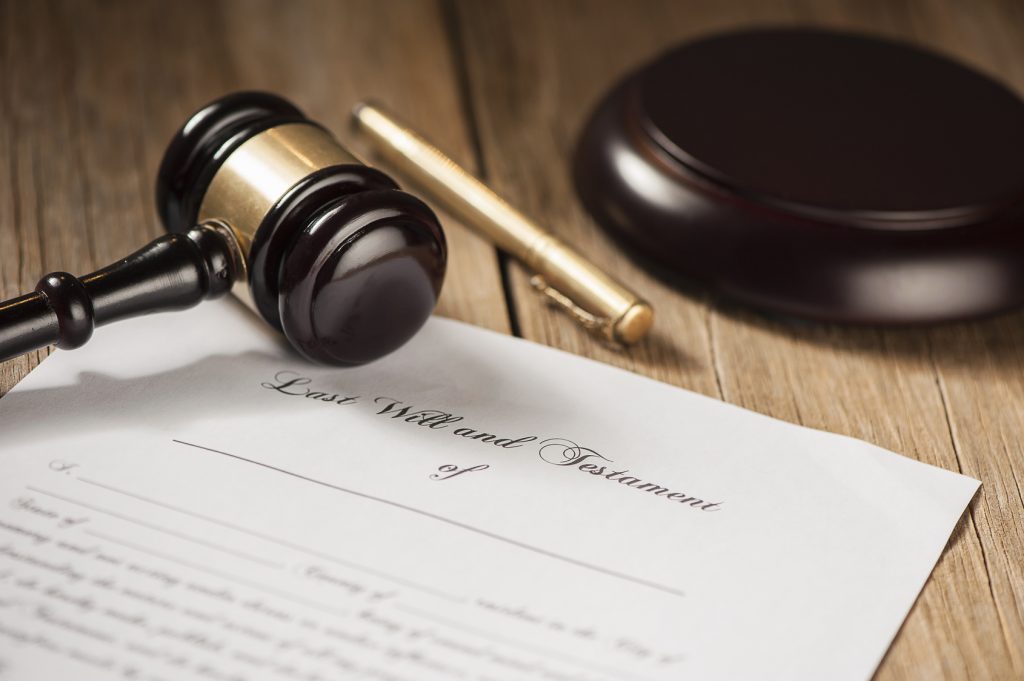Multidistrict litigation (MDL) plays a crucial role in the efficient and effective resolution of complex mass tort cases. In this blog post, we explore the significance of MDL in mass tort litigation, its key features, benefits, and challenges, and its impact on plaintiffs and defendants involved in these cases.
Understanding Multidistrict Litigation (MDL)
MDL is a procedural mechanism used in federal courts to consolidate and centralize similar civil cases filed in different federal districts before a single judge for pretrial proceedings. MDL is commonly utilized in mass torts cases involving a large number of plaintiffs with similar claims against one or more common defendants.
Key Features of MDL
Some key features of MDL include:
- Centralization: MDL centralizes pretrial proceedings, such as discovery, motion practice, and settlement negotiations, before a single judge to promote consistency, efficiency, and judicial economy.
- Transfer Orders: Upon a motion by the Judicial Panel on Multidistrict Litigation (JPML) or by the parties involved, MDL cases are transferred from their original districts to a designated transferee district for coordinated proceedings.
- Individual Lawsuits: Despite centralization, individual lawsuits in MDL retain their separate identities, and plaintiffs maintain their rights to pursue their claims independently.
- Bellwether Trials: MDL proceedings may involve the selection and trial of representative cases, known as bellwether trials, to gauge the strengths and weaknesses of the parties’ positions and facilitate settlement negotiations.
Benefits of MDL in Mass Torts
MDL offers several benefits for plaintiffs, defendants, and the judicial system, including:
- Efficiency and Judicial Economy: MDL streamlines pretrial proceedings, reduces duplicative discovery, and conserves judicial resources, leading to faster and more cost-effective resolution of cases.
- Consistency and Fairness: MDL promotes consistent rulings and judicial management across multiple cases, ensuring fairness and equity for all parties involved.
- Enhanced Settlement Opportunities: MDL facilitates global settlement negotiations by bringing together parties and their counsel to reach agreements that resolve multiple cases simultaneously.
- Case Management by Experienced Judges: MDL judges are typically appointed based on their expertise and experience in handling complex litigation, ensuring effective case management and adjudication.
Challenges and Considerations
While MDL offers numerous advantages, it also presents challenges and considerations, including:
- Logistical Challenges: Coordinating numerous cases from multiple jurisdictions can present logistical challenges, such as managing discovery disputes and scheduling hearings and conferences.
- Loss of Forum Selection: Plaintiffs may lose the ability to choose their preferred forum and judge when their cases are transferred to an MDL proceeding.
- Impact on Individual Claims: Despite centralization, MDL may impact the individual claims of plaintiffs, including their ability to control the pace and direction of their cases.
Conclusion
In conclusion, MDL plays a vital role in the resolution of mass tort cases by promoting efficiency, consistency, and fairness in pretrial proceedings. By centralizing similar cases before a single judge, MDL facilitates streamlined litigation and enhances opportunities for settlement, ultimately benefiting plaintiffs, defendants, and the judicial system as a whole.
For personalized legal guidance on mass torts cases or assistance with navigating MDL proceedings, contact Jennifer Lee Watson for a accident related resources. Together, we can work towards achieving the best possible outcomes for your case within the MDL framework.

